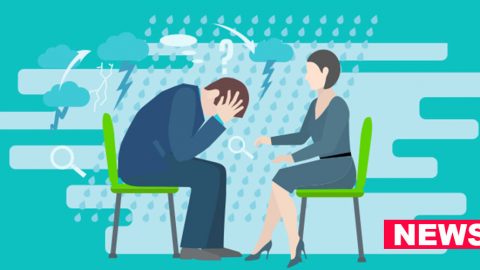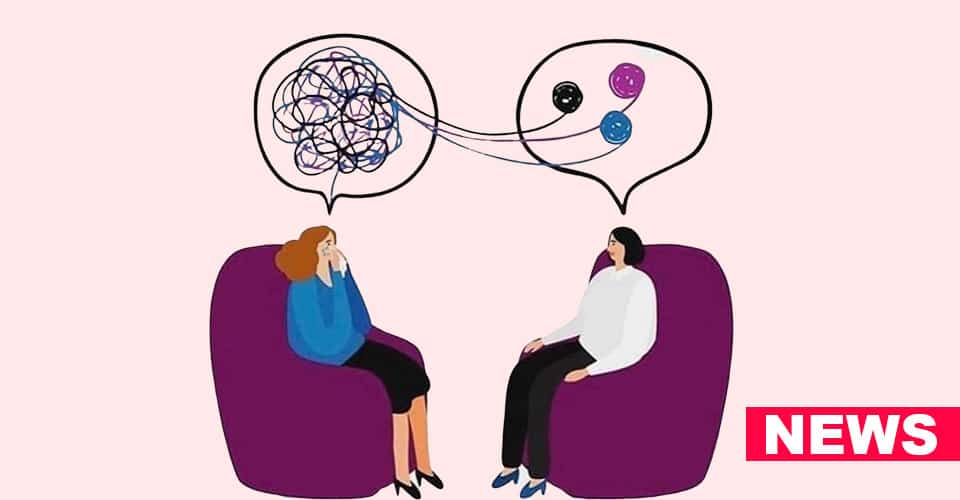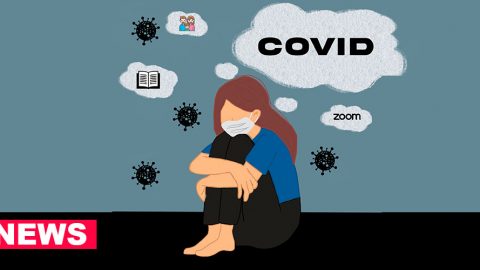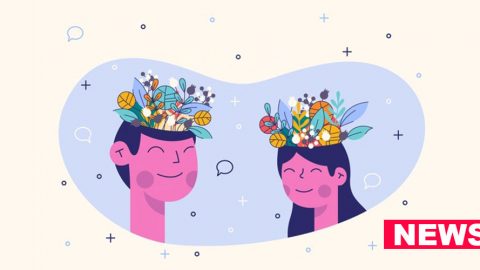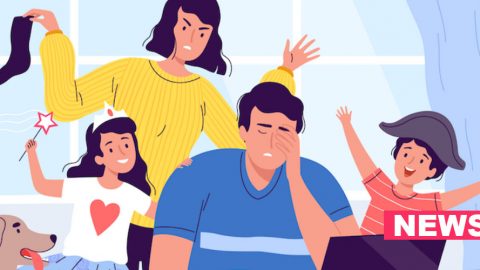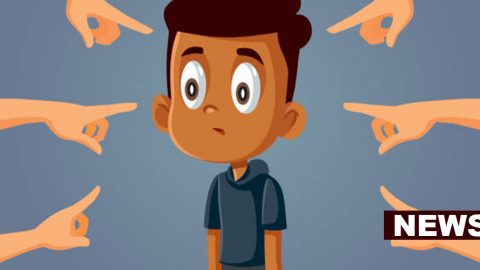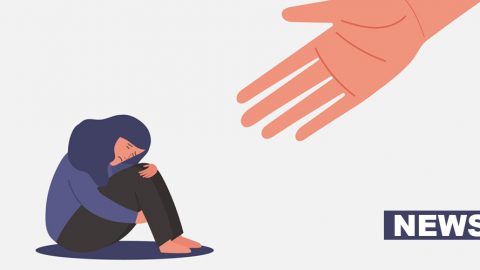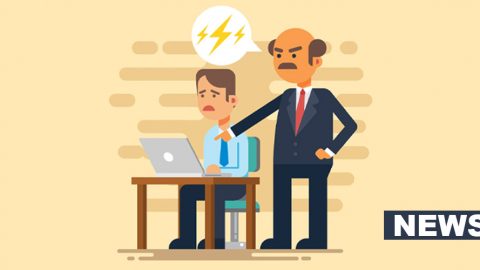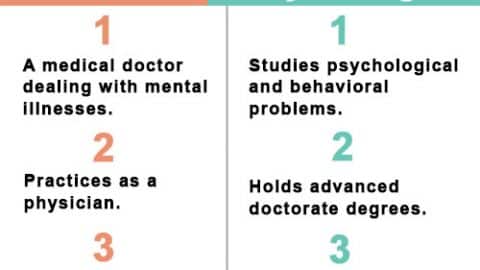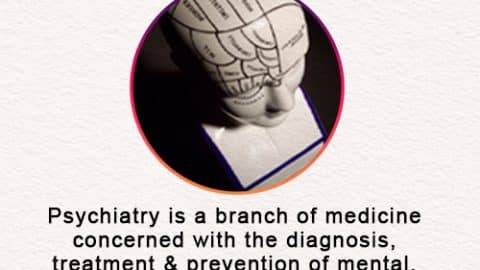Mental Health News
Researchers at Brigham and Women’s Hospital explored how eating at night has a negative impact on mental health. The study is published in the journal Proceedings of the National Academy of Sciences.
The Study
In order to understand how the timing of meals could alter your mood, the research team conducted a randomized controlled study in several phases. They used a circadian paradigm to assess mood vulnerability linked to depression and anxiety.
19 participants were recruited and they underwent a Forced Desynchrony protocol for four 28-hour “days”. This was done to invert behavioral cycles by 12 hours—simulating night work and causing circadian misalignment.
The participants were then randomly assigned into two meal timing groups: the Daytime and Nighttime Meal Control Group and the Daytime-Only Meal Intervention Group.
The first group had meals according to the 28-hour cycle, with participants eating both during the night and the day. On the other hand, the second group had meals on a 24-hour cycle—with participants practicing daytime eating only.
The Findings
The results revealed that night time eating worsens mental health and messes up the circadian rhythm. Especially amongst shift workers with disruptive work timings (in industries like travel, hospitality, healthcare, etc.), it is seen that eating at night worsens feelings of anxiety, depressive symptoms, and tendencies of disordered eating.
On the other hand, daytime eating may benefit mental health by stabilizing the circadian clock in the brain. This, in turn, can encourage healthy behaviors related to sleep/wake and fasting/eating cycles.
Speaking on the novelty of the study, one of the lead researchers, Sarah L. Chellappa, remarked: “Our findings open the door for a novel sleep/circadian behavioral strategy that might also benefit individuals [with] mental health disorders. Our study [supports that formulating] strategies that optimize sleep and circadian rhythms may help promote mental health.”
To Know More You May Refer To
Qian, J., Vujovic, N., Nguyen, H., Rahman, N., Heng, S. W., Amira, S., Scheer, F., & Chellappa, S. L. (2022). Daytime eating prevents mood vulnerability in night work. Proceedings of the National Academy of Sciences of the United States of America, 119(38), e2206348119. https://doi.org/10.1073/pnas.2206348119






